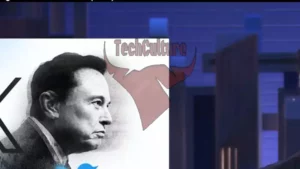State Attorneys General Push for Social Media Warning Labels
A coalition of 42 state and territory attorneys general has called on Congress to implement regulations requiring warning labels on social media platforms. The move comes amid growing concerns about the potential risks these platforms pose to children’s mental health and well-being.
The initiative, which echoes a proposal made by U.S. Surgeon General Dr. Vivek Murthy in June, aims to address what many officials are calling a “mental health crisis” among young people. The letter, signed by attorneys general from states including New York, California, Florida, Oregon, and Michigan, emphasizes the “inherent risks” associated with social media use by children and adolescents.
Research cited in the letter links social media use to increased rates of anxiety, depression, and suicidal ideation among young users. Studies also suggest that these platforms can disrupt children’s sleep patterns and expose them to potentially harmful content through “irresistible algorithmic recommendations, infinite scrolling, and a constant stream of notifications.”
The proposed warning labels would be similar to those found on alcohol and tobacco products, although some experts note that the underlying research on social media effects is still subject to debate. This move represents a rare instance where platforms primarily used for speech and communication could be required to post warnings about their potential risks.
Attorneys general supporting the measure view these warning labels as a crucial step toward mitigating the risk of harm to youth. They are urging Congress to consider these measures and seek innovative solutions to protect future generations of Americans.
This push for federal action comes on the heels of several legislative efforts at both national and state levels. In July, the Senate passed the Kids Online Safety Act (KOSA) and the Children and Teens’ Online Privacy Protection Act (COPPA 2.0). At the state level, New York has banned “addictive” feeds for teens, while Florida will require parental consent for children under 16 to sign up for social platforms starting next year.
However, many state-level regulations face legal challenges. A Texas judge recently blocked state demands for social media platforms to prevent minors from seeing “harmful” content. Additionally, dozens of states have sued Meta, alleging that Facebook and Instagram exploit and manipulate young users. Utah has also filed a lawsuit against TikTok, citing its “addictive nature” as harmful to children.
As the debate over social media’s impact on youth continues, the call for warning labels represents a significant step in the ongoing effort to balance technological innovation with the protection of vulnerable users.




